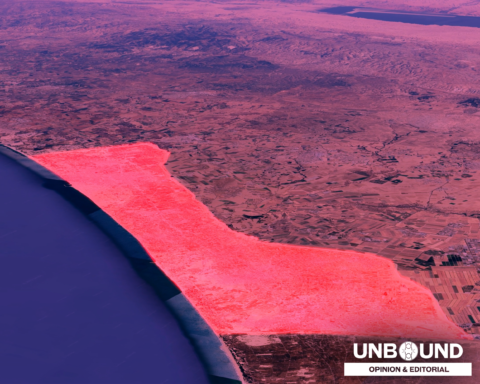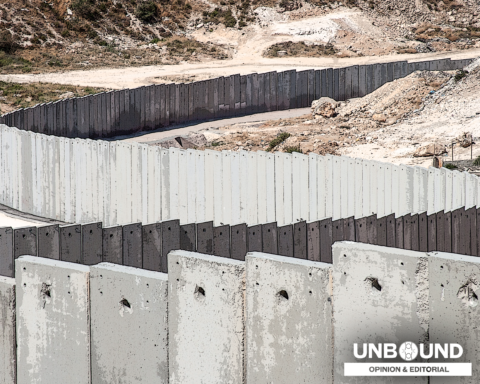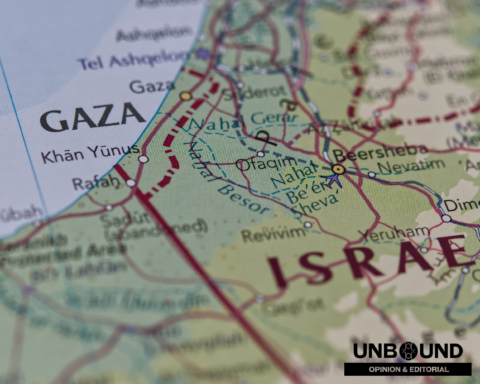Day 7, Part 1: A Microcosm of the Conflict

Photo: Diane Fitch
As we boarded the bus from the Manger Square Hotel, the ingredients appeared to be coming together for rain. A slight wind blew over the hills as clouds gathered overhead.
After a third day in Bethlehem, we had heard and seen how the ingredients came together for a reality that filled my heart to the breaking point. Competing narratives of history and the land. Distinct traumas in the past and present. Incredibly unequal distribution of natural resources, particularly water.
___________________________________________
In Hebron, the ingredients of conflict have been stirred to produce a particularly toxic and untenable status quo.
___________________________________________
My sense of trepidation grew as we left Bethlehem and our bus set a course for another ancient city: Hebron. In that city of the patriarchs and matriarchs, the ingredients of conflict have been stirred to produce a particularly toxic and untenable status quo. It has been called a “microcosm of the conflict” in Israel-Palestine.
Mere minutes outside of Bethlehem, we passed the Tent of Nations, where the Nasser family hosted us for lunch and conversation just the previous day. The Nasser family farm is bordered by several settlements—including Efrat, where we had a dialogue with Ardie Geldman. The seemingly irreconcilable narratives of these meetings swirled in my mind as the clouds swirled overhead.
An uneasy quiet greeted us as we walked through the old city streets. Before long, we arrived at an intersection. To our right was the Al-Ibrahimi Mosque/Ma’arat Hamachpela and to the left was Shuhada Street. We turned left for a brief walk down Shuhada Street, where the simmering conflict speaks through shuttered shops with doors welded shut.

Photo: Diane Fitch
Retracing our steps, we came to the steps of the mosque and encountered the tombs of Sarah and Abraham, Isaac and Rebecca. After pausing in this place of Muslim prayer, we exited the mosque and entered the portion of the site set aside for Jewish worship.
Unexpectedly, we encountered the exuberance and joy of the naming and circumcision ceremony for an eight-day-old boy. Poignant and tender, I found my eyes and heart opened to the children who will inherit the Palestine and Israel of the future.
Reality brought us back to the present as we exited that sacred place for both Muslims and Jews and entered the tension-filled market. At that time the atmospheric ingredients were right. A gentle, cleansing rain fell from the skies.
Day 7, Part 2: A Moment of Peacebuilding

Photo: Henry Koenig Stone
The air remained heavy with moisture in the afternoon as we returned to Bethlehem. Awaiting us were seven “experiential learning options” entirely new to the Mosaic of Peace. It was not easy to choose between the following compelling options: learning about original Palestinian plays at Al-Harrah Theater, beer brewing at Wise Men Choice, wool felting at L’Arche Community, olive wood carving at the Giacaman Family Workshop, a Palestinian art class at Dar Al-Kalima, and a cooking class at Aida Refugee Camp.
Ten of us returned to the Aida Refugee Camp for the cooking class offered by the Noor Women’s Empowerment Group (Noor WEG). Upon our arrival we were warmly greeted by Ahmad, who led us through the narrow streets of the refugee camp to the classroom where Islam and Rania had fully prepared for our arrival. After brief introductions, we learned about that the cooking classes enable the Noor WEG network to better care for and support the education of their disabled children.

With encouraging words and winsome smiles, Rania and Islam invited us to transform the raw ingredients laid out in front of us into a traditional Palestinian meal. Our eager hands took up the kitchen tools in front of us and set to work peeling, chopping, mixing, and frying the potatoes, carrots, onions, chicken, and more. Delicious aromas quickly filled the kitchen as our hosts deftly guided our hands while empowering us to do the work.
Withthe salad ready, the Maqluba was set to cook on the stovetop and the Basbussa was baking in the outdoor oven. Then Islam set a whole eggplant to roast over an open flame. As she skillfully rotated the eggplant over the flame, I was struck by the wisdom and love of life passed down through the generations.
___________________________________________
Food and stories, smiles and laughter; these came together to produce a moment that felt a lot like peacebuilding.
___________________________________________

Photo: Lawrence Bartel
Within a few short moments, the meal came together. The eggplant was transformed into the deepest, richest and most flavorful Mutabbal (similar to Baba Ghanoush) I’ve ever tasted. Ahmad turned the Maqluba upon the serving platter. The Basbussa was prepped for our dessert. Drawn to the table, we sat down at the table with Ahmad, Islam, Rania and another guest from Canada.
Then it happened. Around that table in a refugee camp, the power of sharing stories combined with delectable tastes produced an alchemy of community bringing together a group who had been strangers only a couple hours before. Food and stories, smiles and laughter; these came together to produce a moment that felt a lot like peacebuilding. Ingredient by ingredient, moment by moment, life by life – our day bore witness for peace and wholeness in a land called ‘holy’.
***
The Mosaic of Peace trip is part of the ministry of the Presbyterian Peace Program. It brings members and partners of the PC(USA) from a variety of backgrounds to Israel-Palestine in order to “experience this remarkable and troubled region, encounter its diverse people, explore its rich history and complex current situation, and engage with those who seek its peace.”
This blog entry was contributed by Lawrence Bartel, as part of our effort to bring back and share the stories of Mosaic of Peace 2018. The full blog is co-hosted by Unbound and by the Presbyterian Peacemaking Program.





Unbound Social